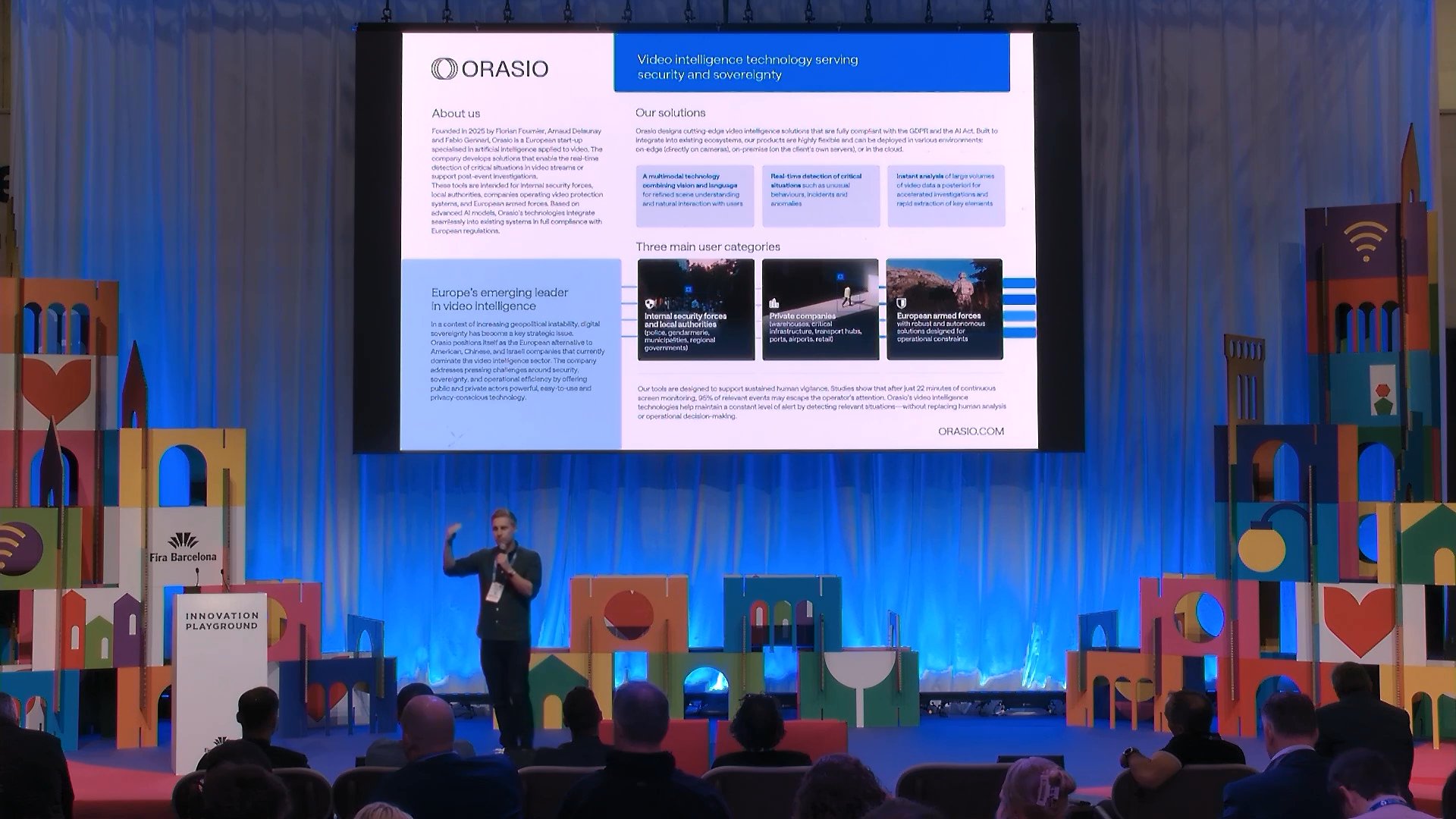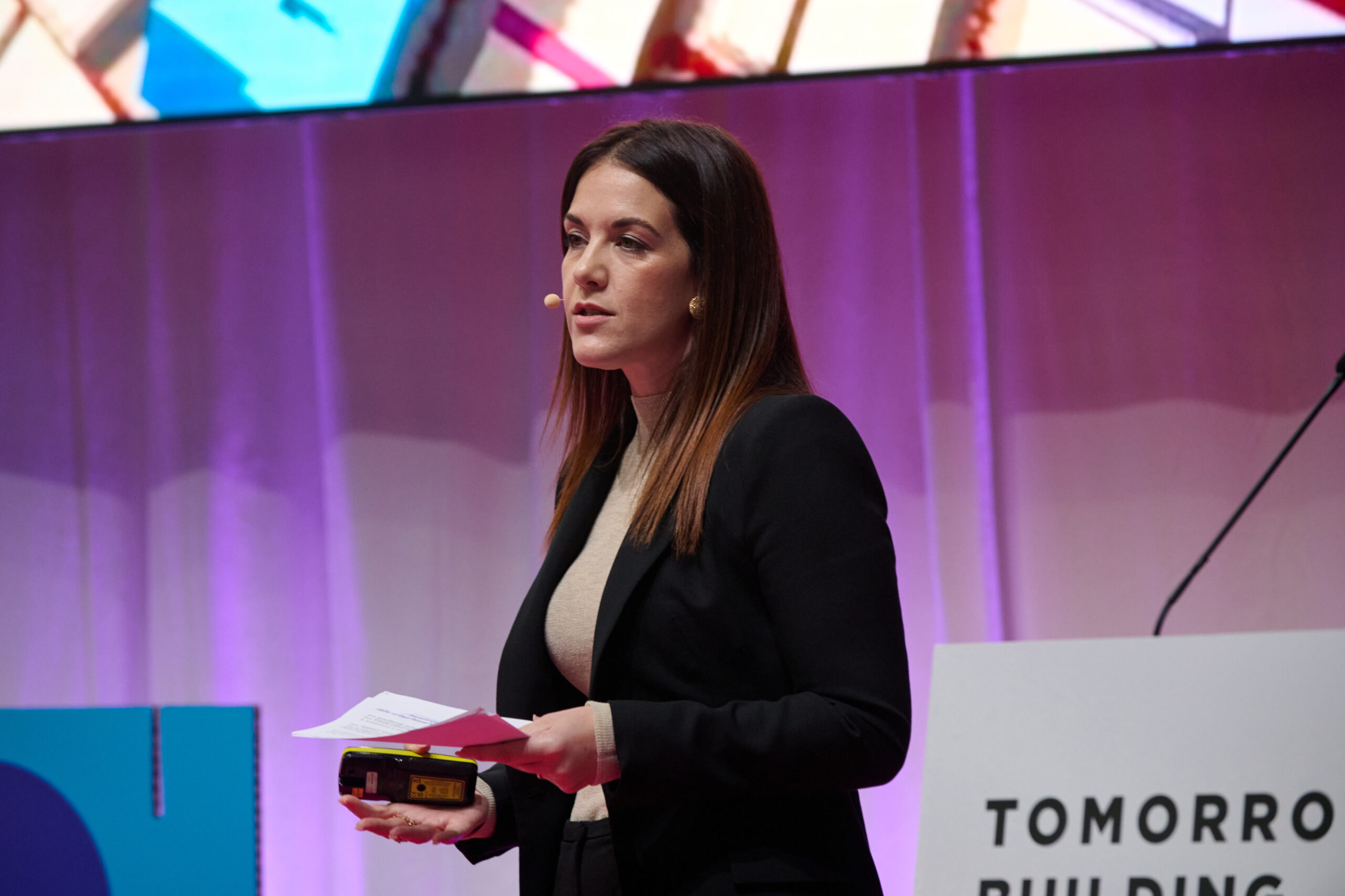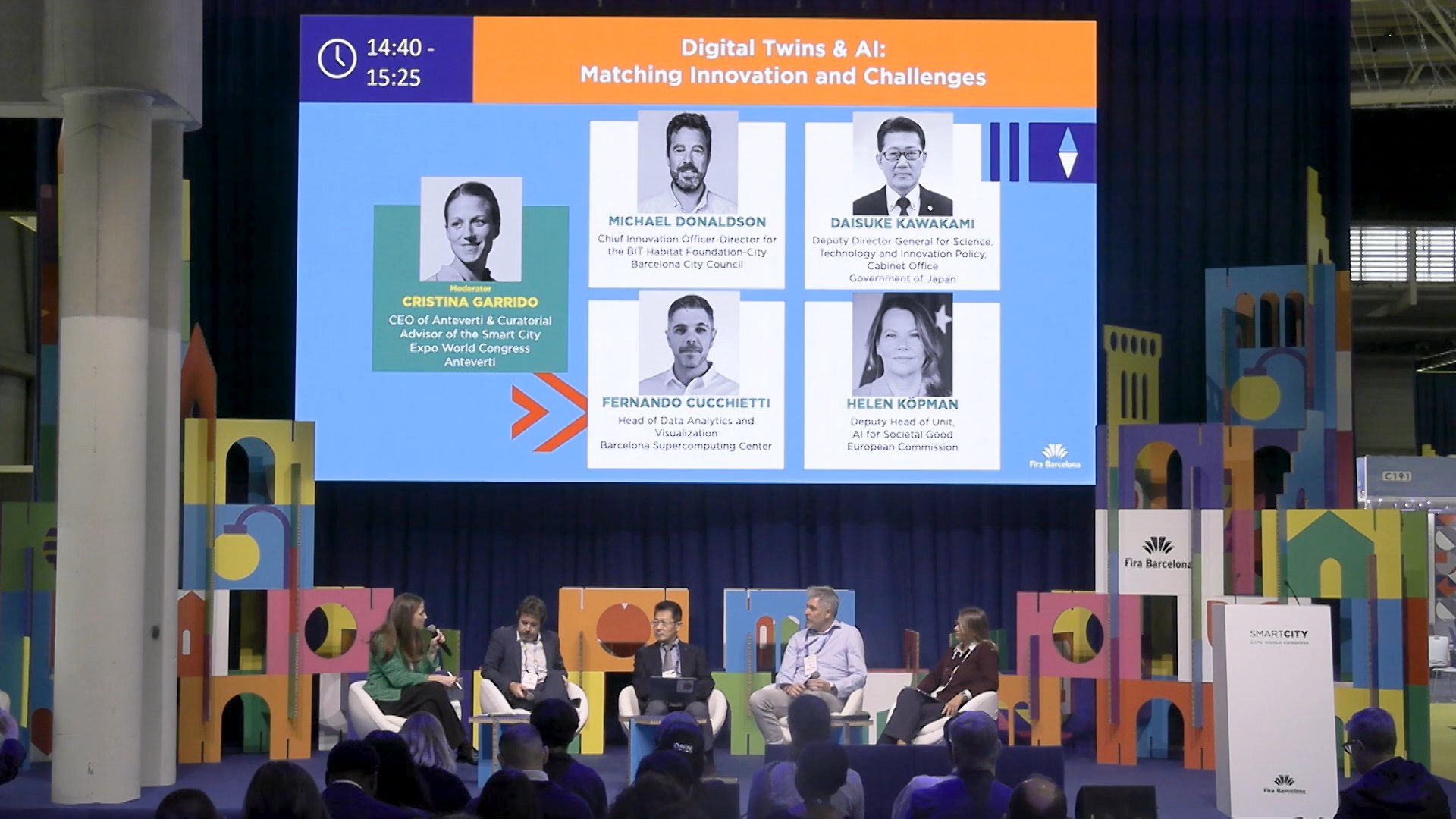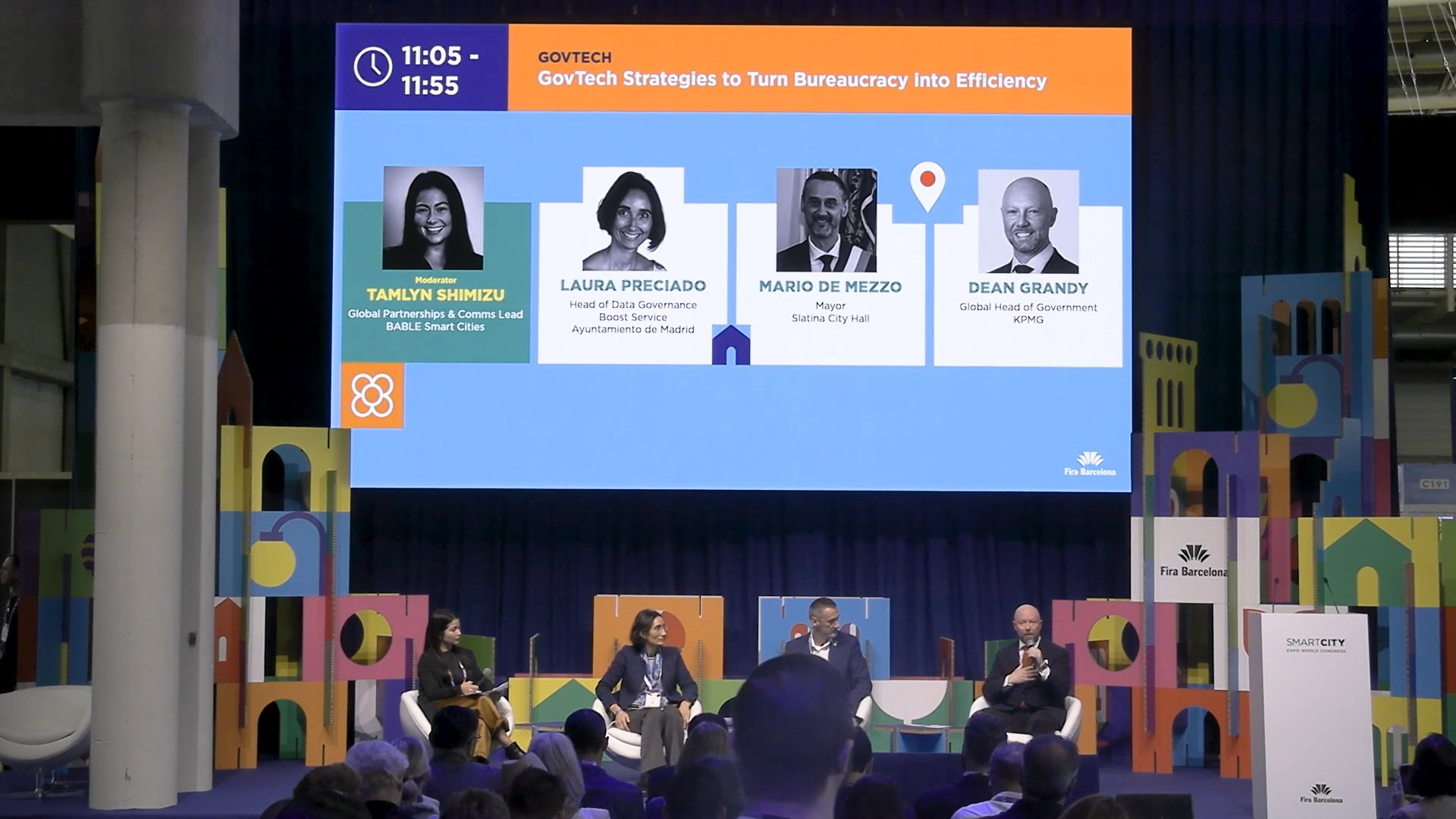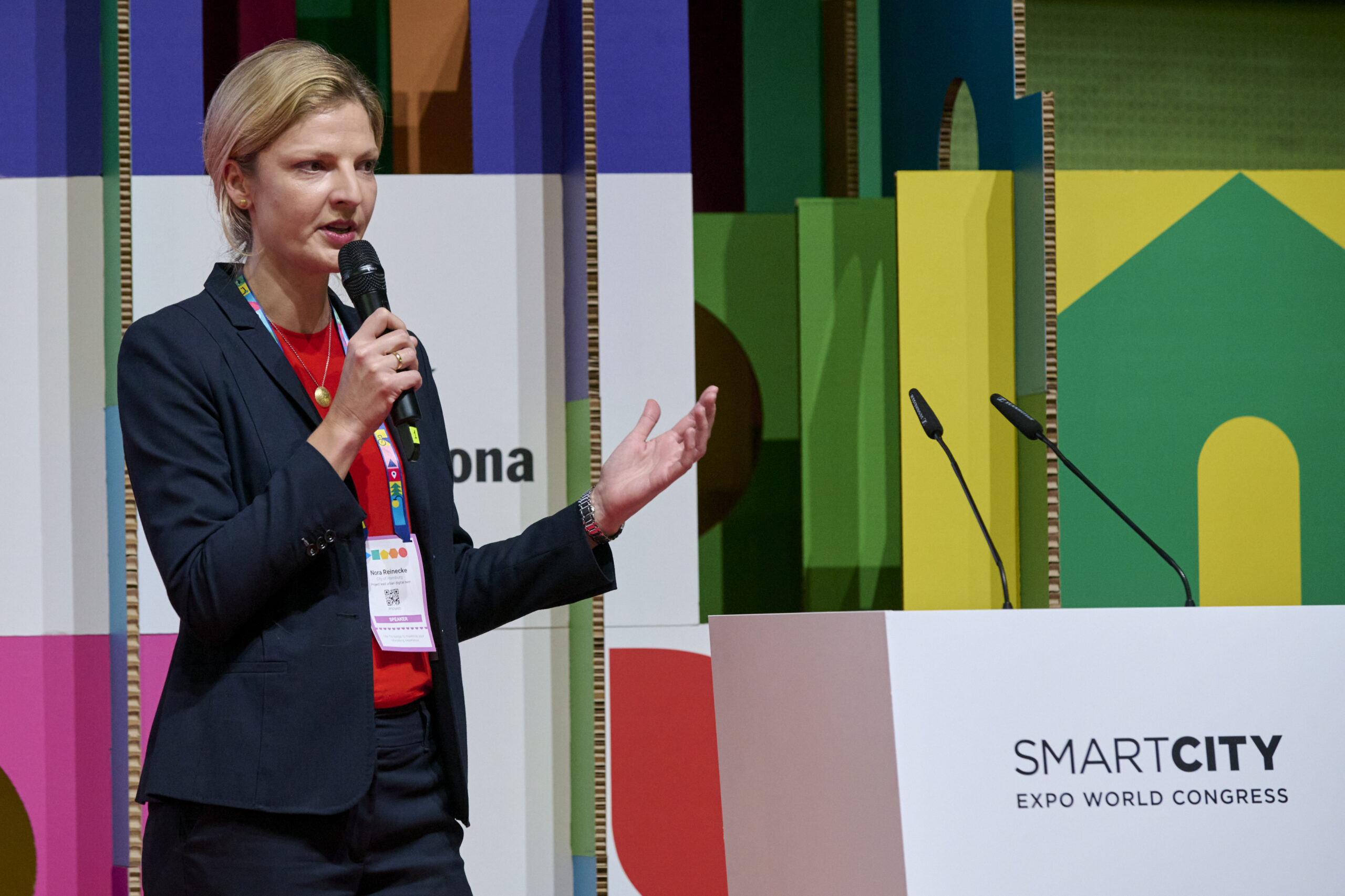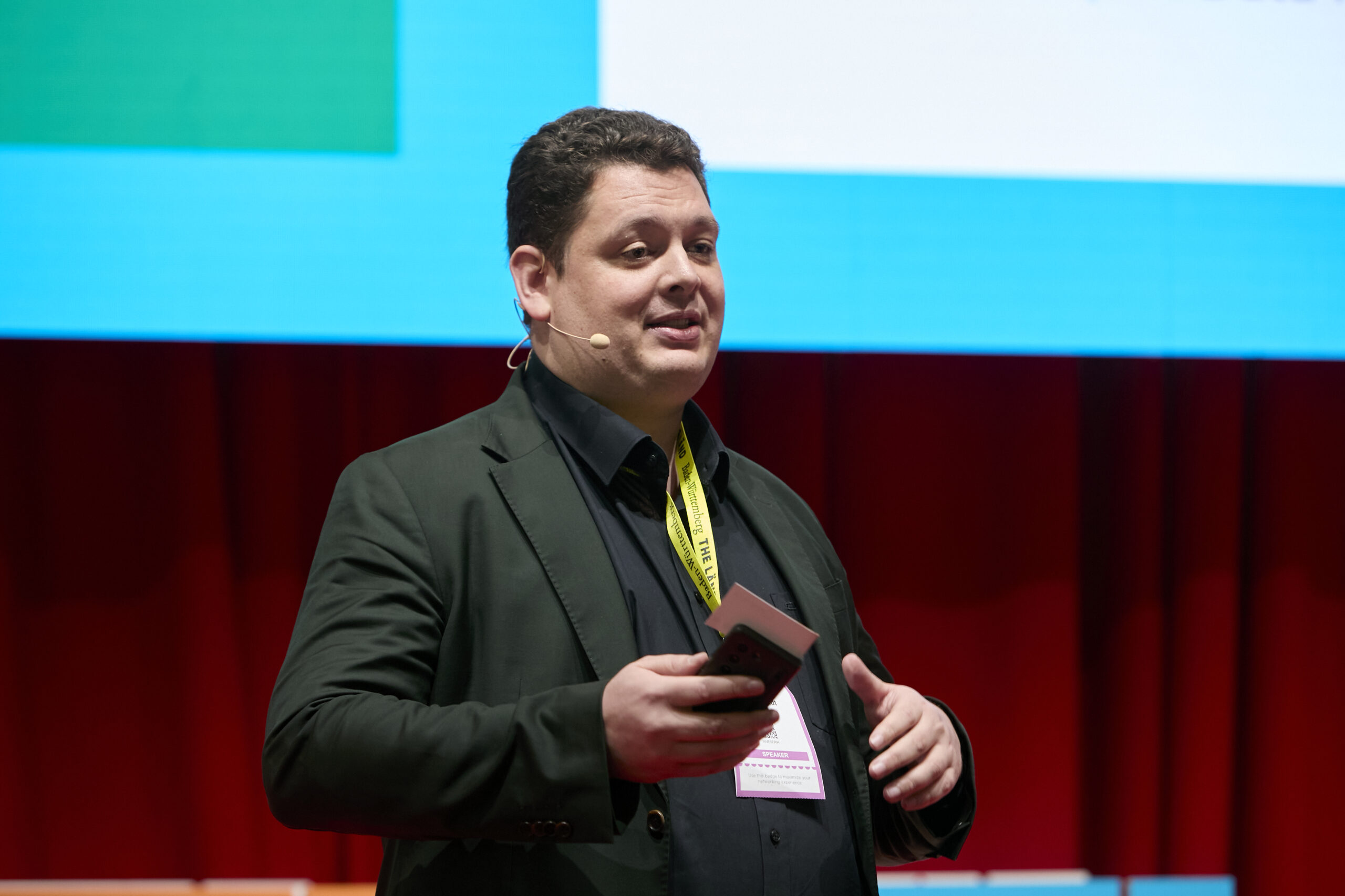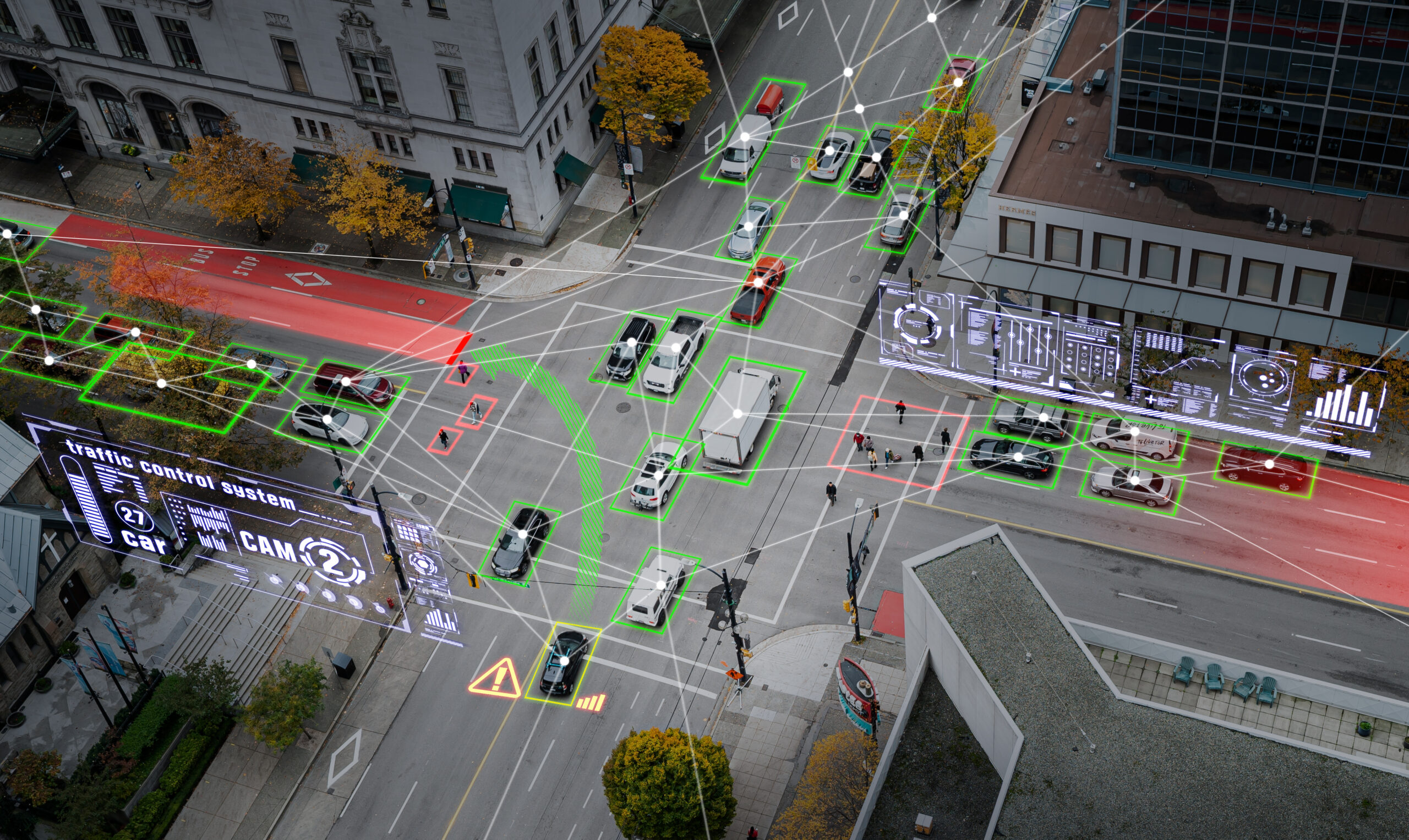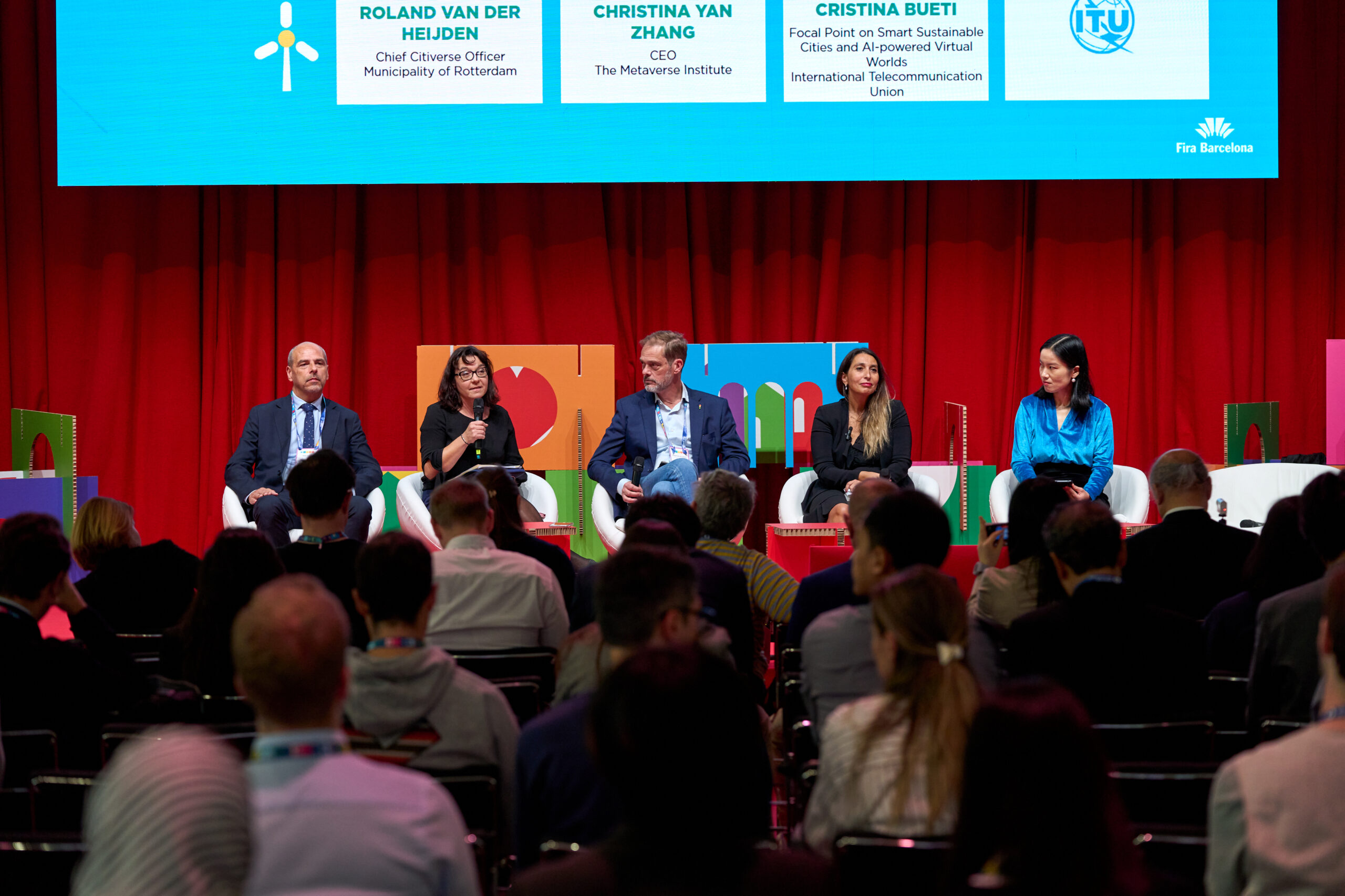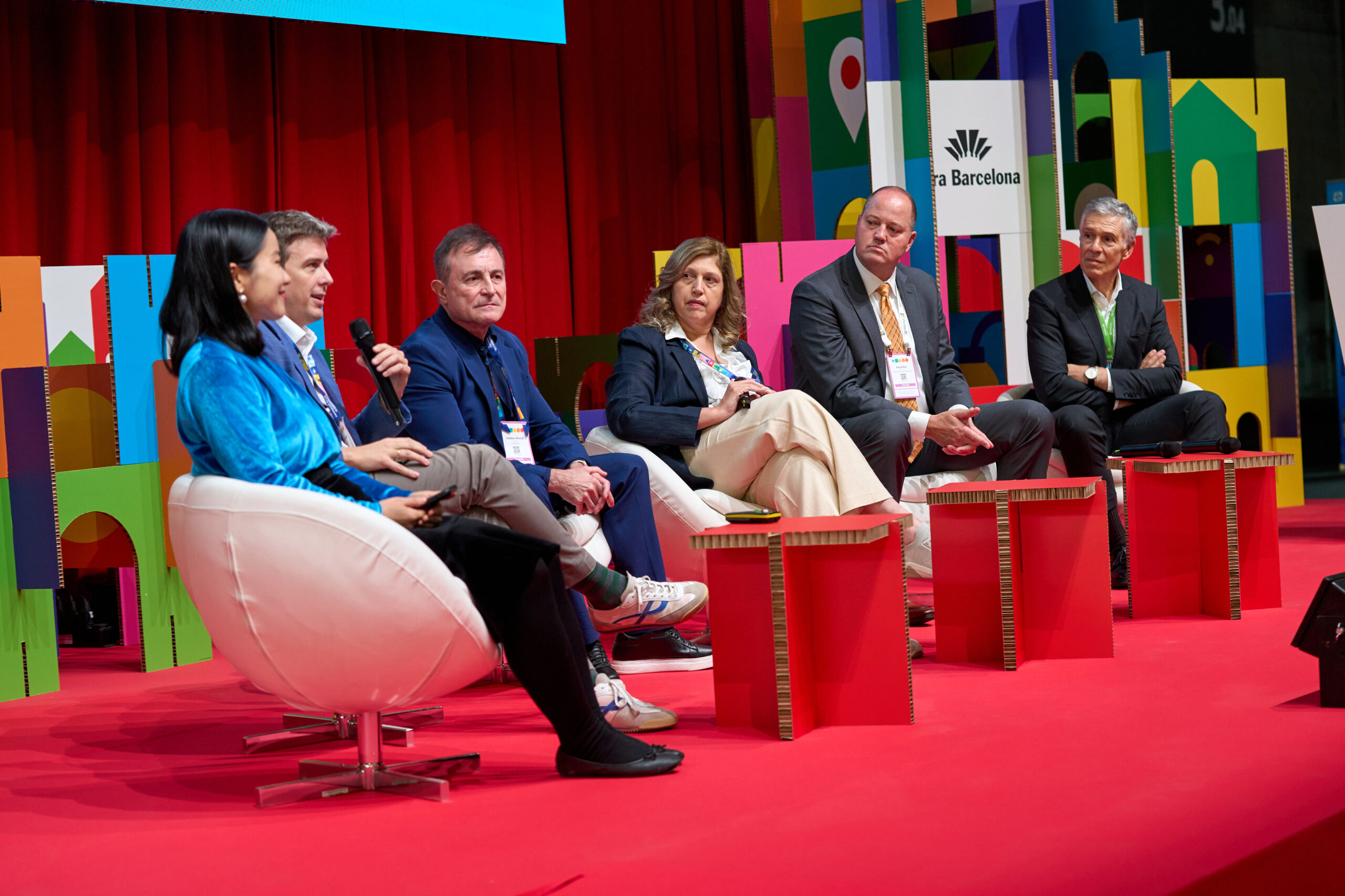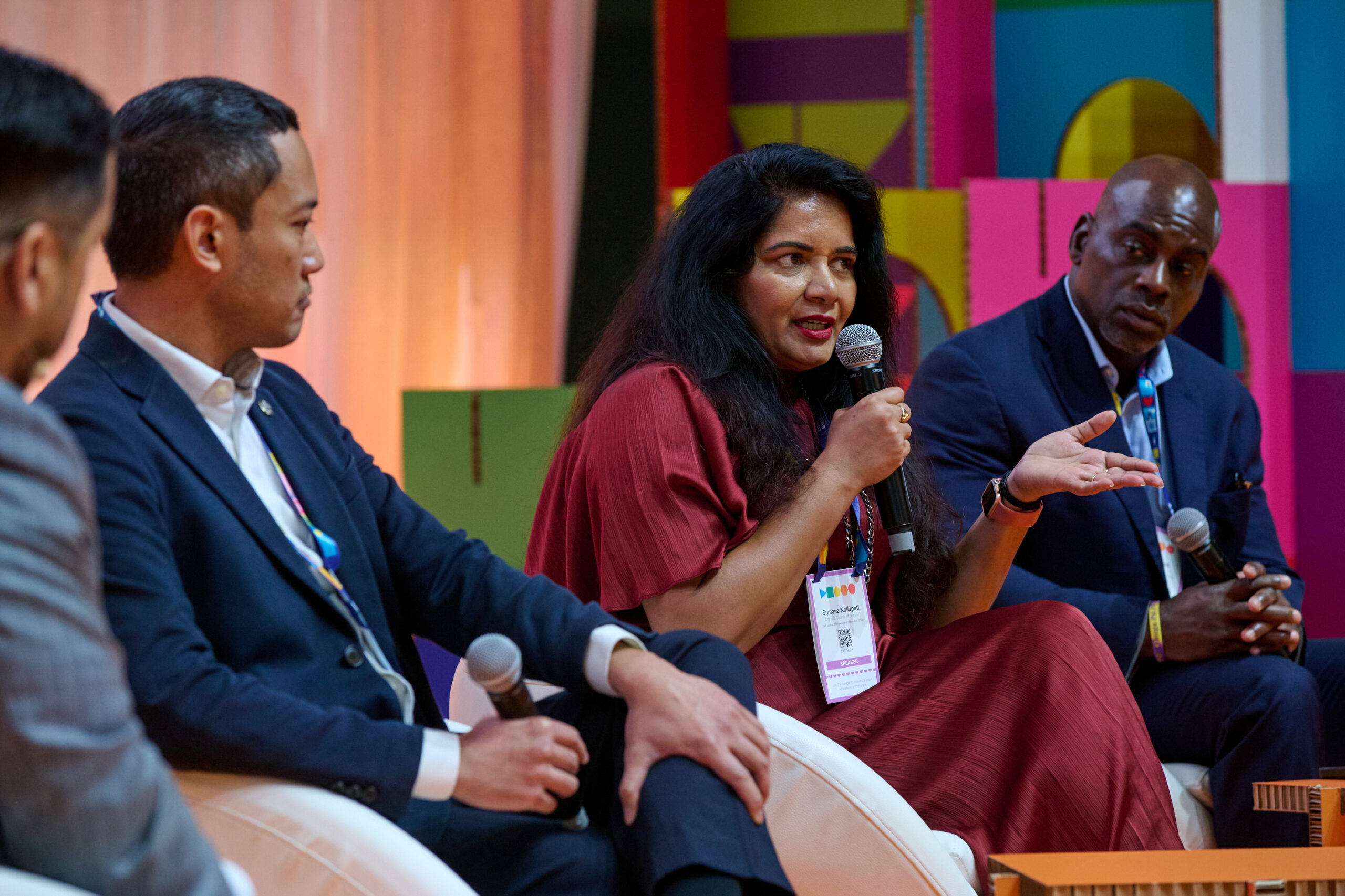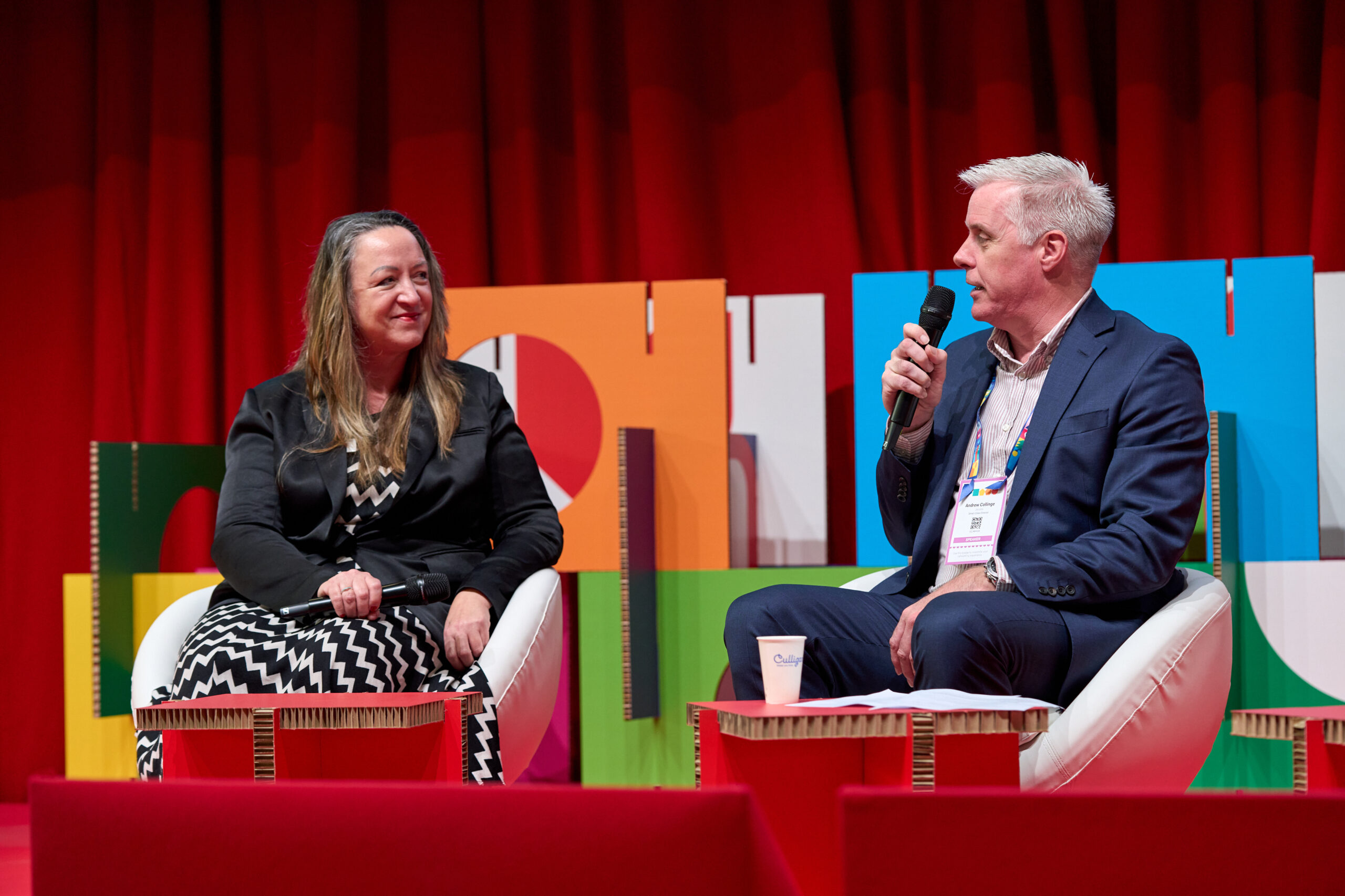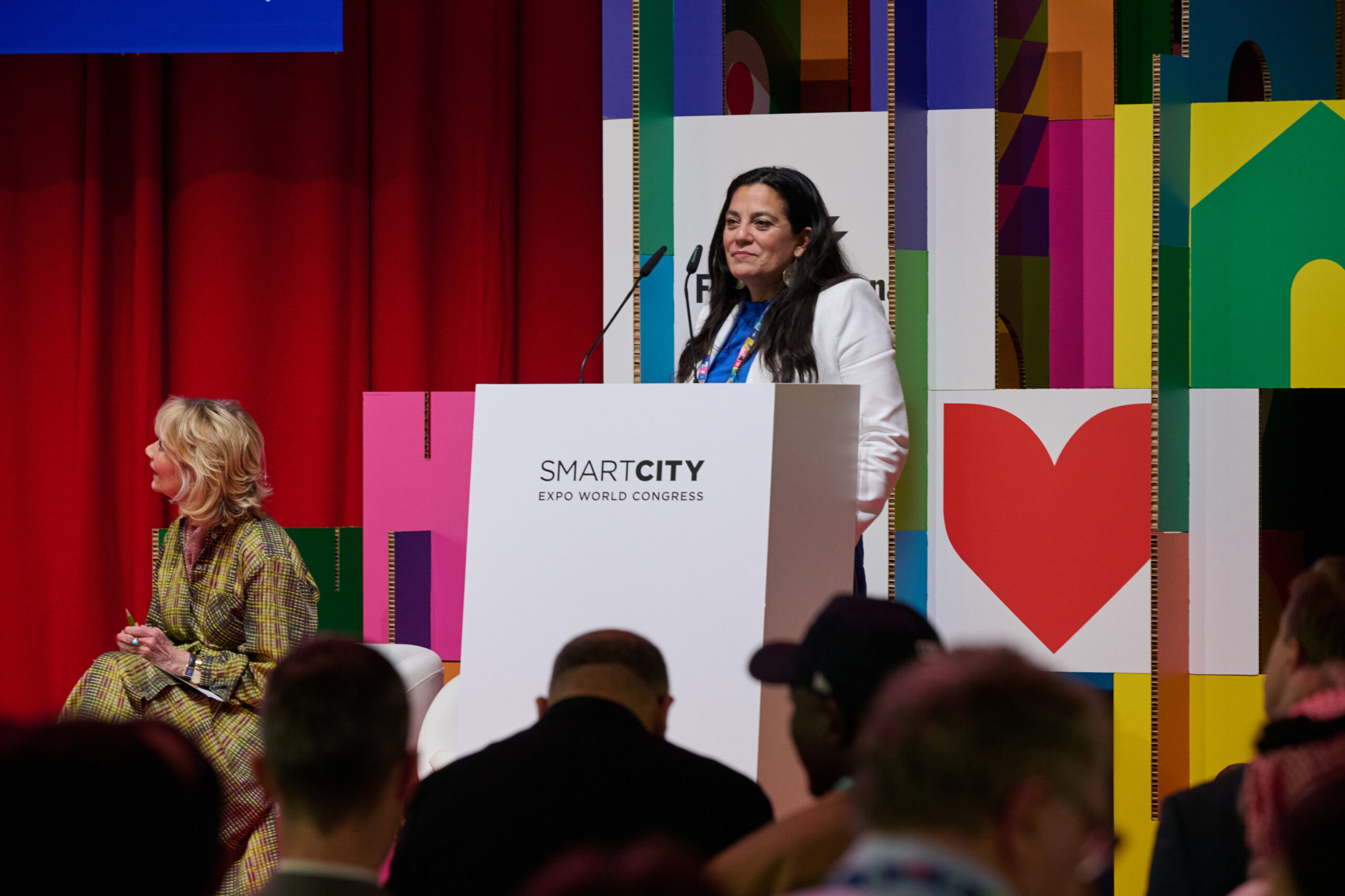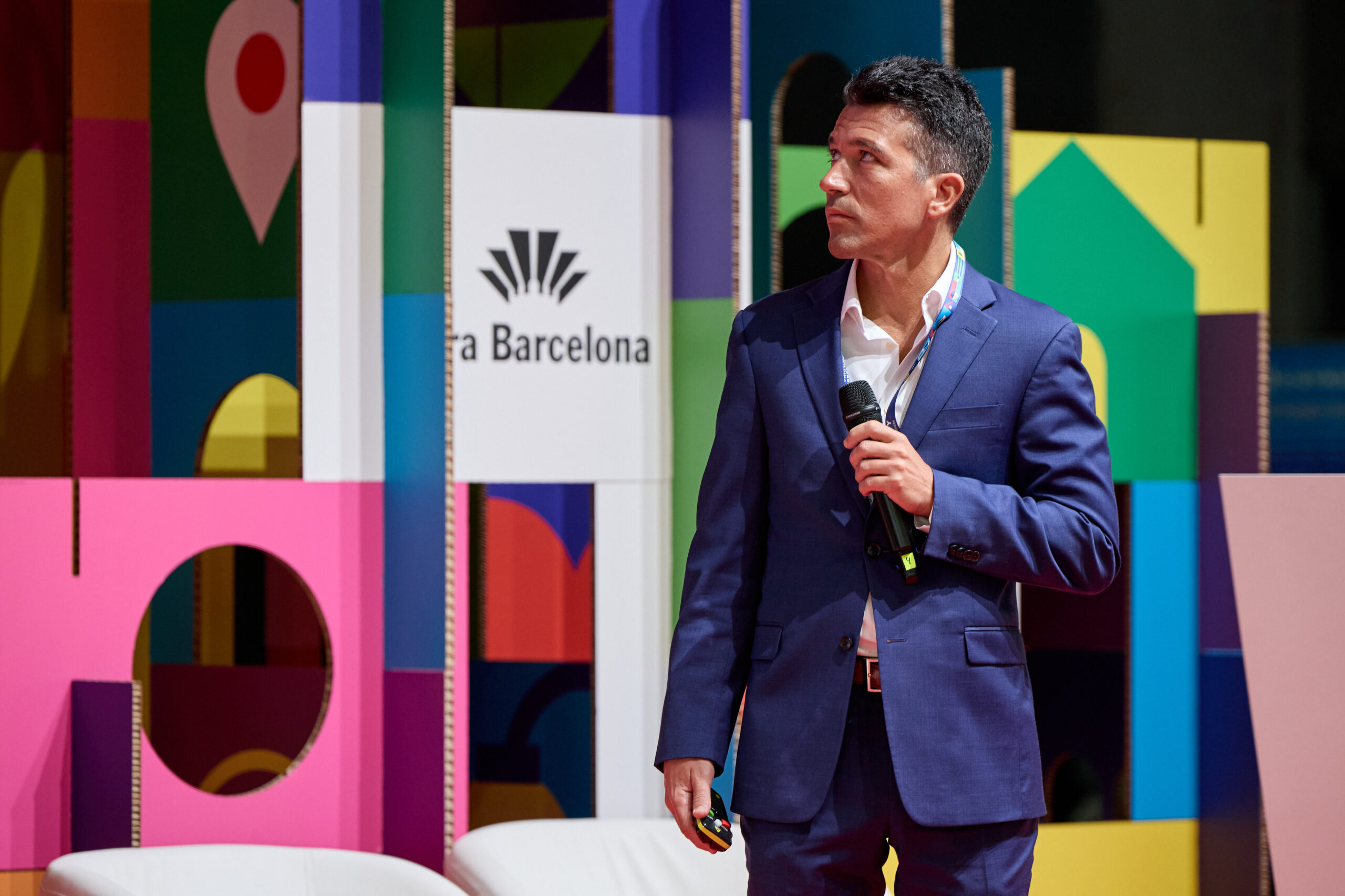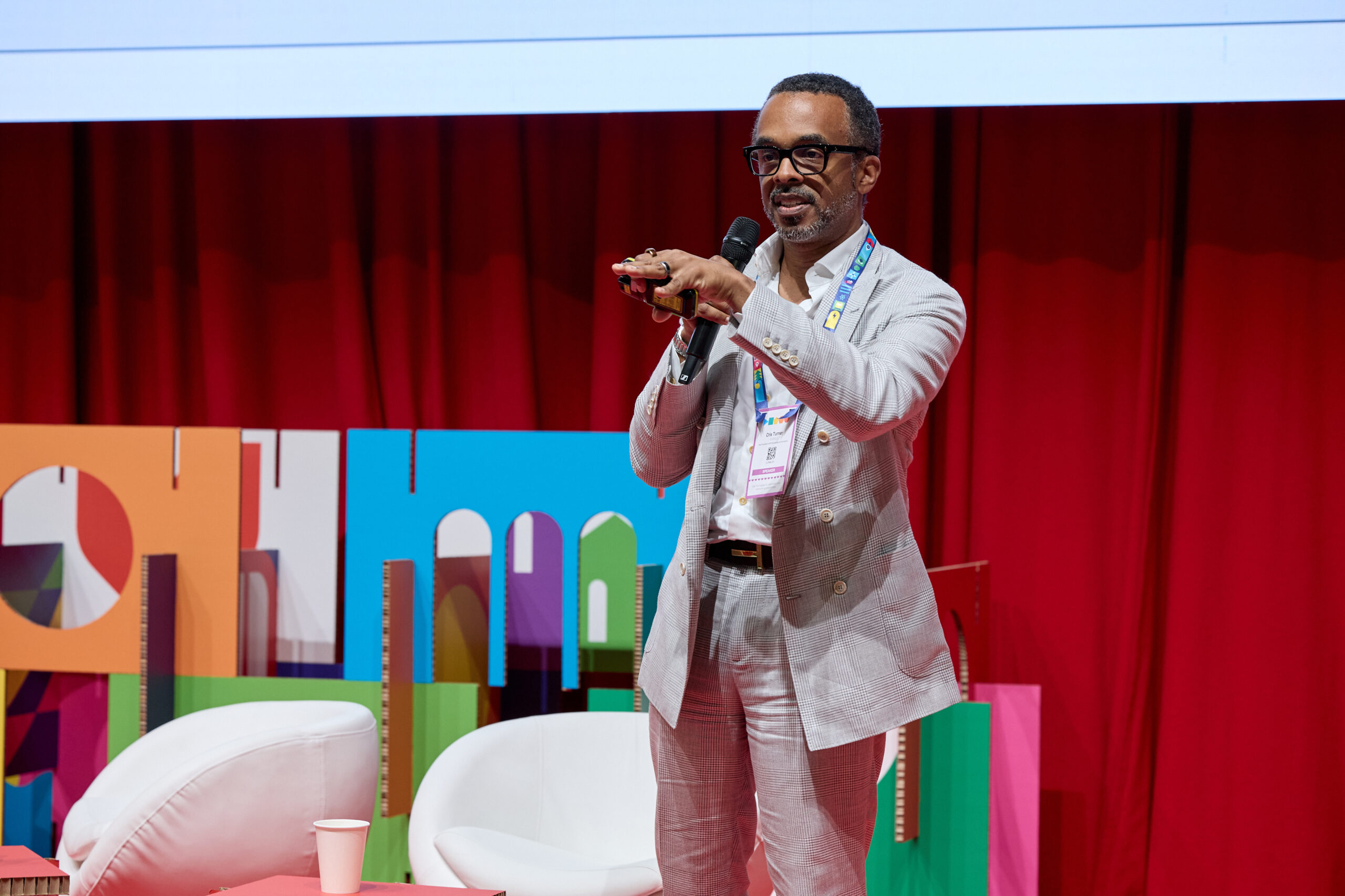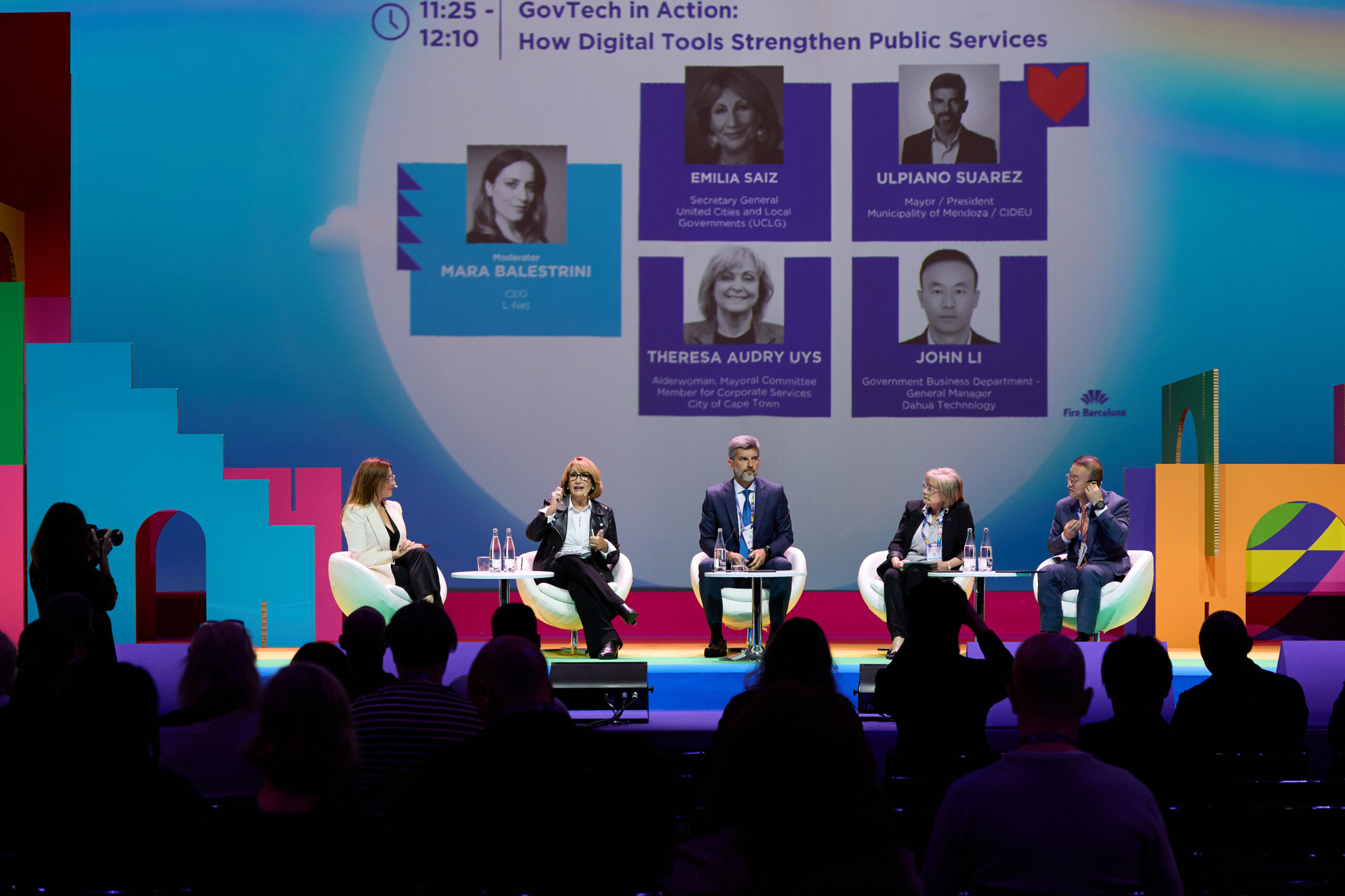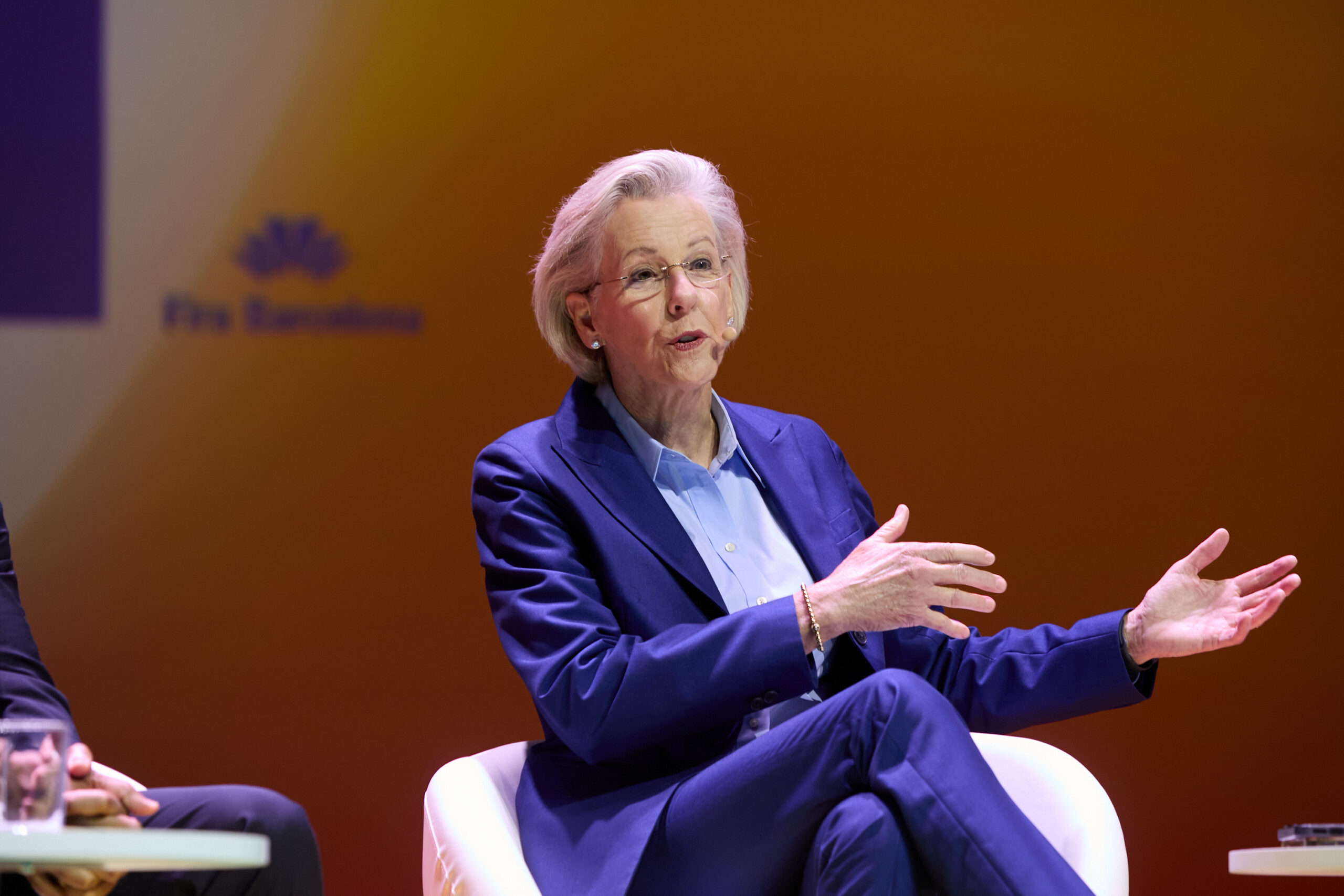Autor | Lucía Burbano
The integration of digital technologies in smart cities presents a dual challenge: towns must tackle increasingly complex issues while simultaneously exploring innovative ways to leverage vast amounts of data to enhance urban management.
In this context, numerous studies propose various architectures and models aimed at improving the planning and design of smart cities. The main conclusions often suggest that data governance, interoperability, security, and risk assessment significantly influence the quality of services smart cities provide to their citizens.
Advantages of effective data management
It enhances communication with citizens
Open cities engage with their communities through diverse platforms, fostering an Open Government that builds trust, encourages transparency, and promotes collective awareness and collaboration.
A prime example is Berlin’s management of bike lanes, where the development and deployment of cycling infrastructure can be tracked in real-time through a municipal app.
Improved policies thanks to data
Data enables municipal administrators to make more informed decisions, leading to increased efficiency in service delivery and resource allocation.
This approach is exemplified in Amsterdam, where a system monitors the fill levels of waste containers, allowing for more efficient management of waste collection trucks and reducing unnecessary trips.
Encourages multidisciplinary research on shared topics
Local data enhances the efficient management of transportation, traffic, and solid waste. Engaging a diverse range of people from various backgrounds and experiences leads to a broader array of perspectives and solutions for municipal administration challenges.
In the Brazilian city of Curitiba, the council’s collaboration model actively involves the community in the development of pilot projects.
Challenges related to the management of urban data

Public-private collaboration
A lack of incentives and standardized systems among data collectors and institutions, results in raw information remaining in silos. This data needs to be unlocked and shared to be translated into a common language within the urban ecosystem.
Exercise caution with cybersecurity
Digital transformation introduces significant cybersecurity challenges that must be addressed to safeguard data and protect the entire urban infrastructure.
Other cities at the forefront of utilizing urban data
Oslo
A leader in smart urban planning and sustainability, with a comprehensive approach that prioritizes both citizen wellbeing and environmental protection. This focus on innovation and sustainability places the city at the forefront of urban development.
The Norwegian capital has achieved impressive results through the implementation of various data-driven solutions:
- A substantial reduction in emissions has been achieved through the adoption of renewable energy systems and electrified transportation.
- Enhanced urban biodiversity through the implementation of green roofs and walls, contributing to greater sustainability.
- Improved air quality and more efficient waste management systems.
- The implementation of open data platforms encourages greater public participation in urban development.
Freiburg, Germany
Freiburg’s holistic approach to sustainability and smart city initiatives positions it as a leader in environmentally focused urban development. The city serves as a model for how the integration of renewable energy, sustainable transportation, and a strong commitment to the community can create a livable urban environment that is also environmentally responsible.
Its achievements include:
- A significant reduction in carbon emissions through the increased use of renewable energy sources.
- A strong commitment to green technology that drives economic development while attracting companies and environmental science researchers.
- Community involvement in sustainability projects fosters a way of life that promotes respect for the environment.
Photographs | Unsplash/Alex wong, Unsplash/Ryoji Iwata












